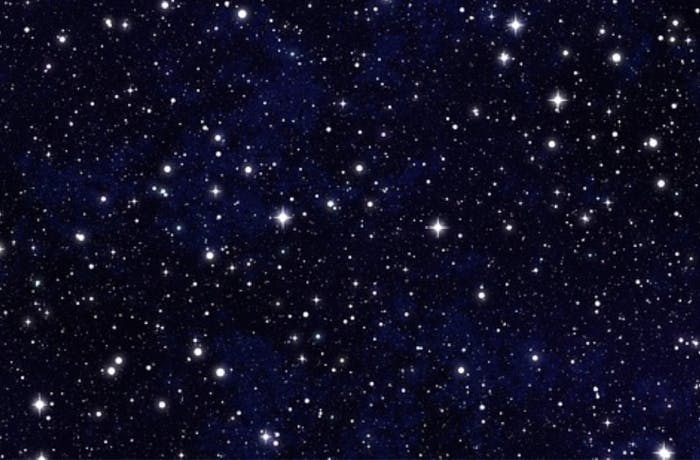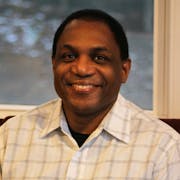"But Daddy, I'm a Scientist Too!"
Prejudice finds my brown-skinned 5 year-old girl.
By Andrew Grant-Thomas

About three years ago, I signed up for a weekly evening class called “Watching the Nighttime Sky” at a local college with my first-born, Lola. Lola was 5, a crazy-voracious reader, way into learning about the solar system and the universe. Little girl could name Jupiter’s four visible moons (Io, Europa, Ganymede, Callisto), modeled the solar system in our living room — I sing thee, planet model! — and could tell you why Pluto is no longer a planet (“Daddy, I feel bad for Pluto!”).
The class was taught by a retired professor, an elderly white guy. On clear nights we peered at the sky through a telescope; on cloudy nights, we heard a lecture on the history and science of astronomy.
Fun subject, daddy-daughter bonding, what could be better?Didn’t take long to realize that while the instructor referred constantly to the only other kid in the class, a 7 year-old Asian American boy, as a “scientist,” he didn’t call on my brown-skinned little girl at all. In lectures he’d regularly call the boy up to participate in cool demonstrations (“How did the Greeks define an ellipse?”). Lola? Not once.
On three separate occasions I told this man — discreetly, one-on-one — about Lola’s fascination with the planets, stars, galaxies, about her budding expertise. I also said something, gently, about the need to actively engage 5-year-olds in the course of 90-minute talks to the degree possible.
I didn’t explicitly compare his very different treatment of the two children. Maybe I should have.
The instructor never pushed back or appeared defensive, but his behavior didn’t change. One evening, my bored, squirmy girl responded to the man again calling on the boy “scientist” by whispering, “But, Daddy, I’m a scientist too!”
We left.
Partly, I was unhappy because Lola was denied an experience that could — should — have been a lot more fun for her. Two years later my wife, our girls, and I heard a fabulous, family-friendly presentation by an almost-famous, very enthusiastic white male astronomist. This man had found his calling. He mentioned two crucial boyhood occasions on which people had encouraged his early interest in the stars.
That stung a little bit.
Here’s the other piece that grinds on me: I know that “Nighttime Sky” dynamic will play out for Lola and her little sister again and again in the years ahead. How often, in which contexts (school, work, social life), with what consequences — those are the unknowns.
And I don’t know what those dynamics will mean for how teenage/college-age/30-something/middle-age Lola comes to see herself and the possibilities open to her.
5 year-old Lola didn’t have the tools to understand exactly what was going on in that class. She was bored, not hurt; she felt a bit puzzled, not diminished. Three years later, she’s already a lot more savvy about this stuff than she was then. As she grows up and becomes more discerning, will the limits some people try to impose on her lead her to locate the problem in them or in herself? Will she shrink from that challenge or lean into it?
That “Nighttime Sky” experience helped spur my wife and me to launch EmbraceRace. We wanted all the help we could get in nurturing resilient girls, and we wanted to support other parents, teachers, and caregivers to do the same with the children they love. We’ll see how that goes.
20, 30 years from now I hope to recognize in dear Lola someone who found her calling. Astronomy doesn’t look promising right now: after that class Lola wasn’t nearly as interested in the planets and stars as she had been before it. I tell myself her interest would probably have fallen off in any case, replaced by other pursuits.
But it pisses me off to have to wonder.
Andrew Grant-Thomas



